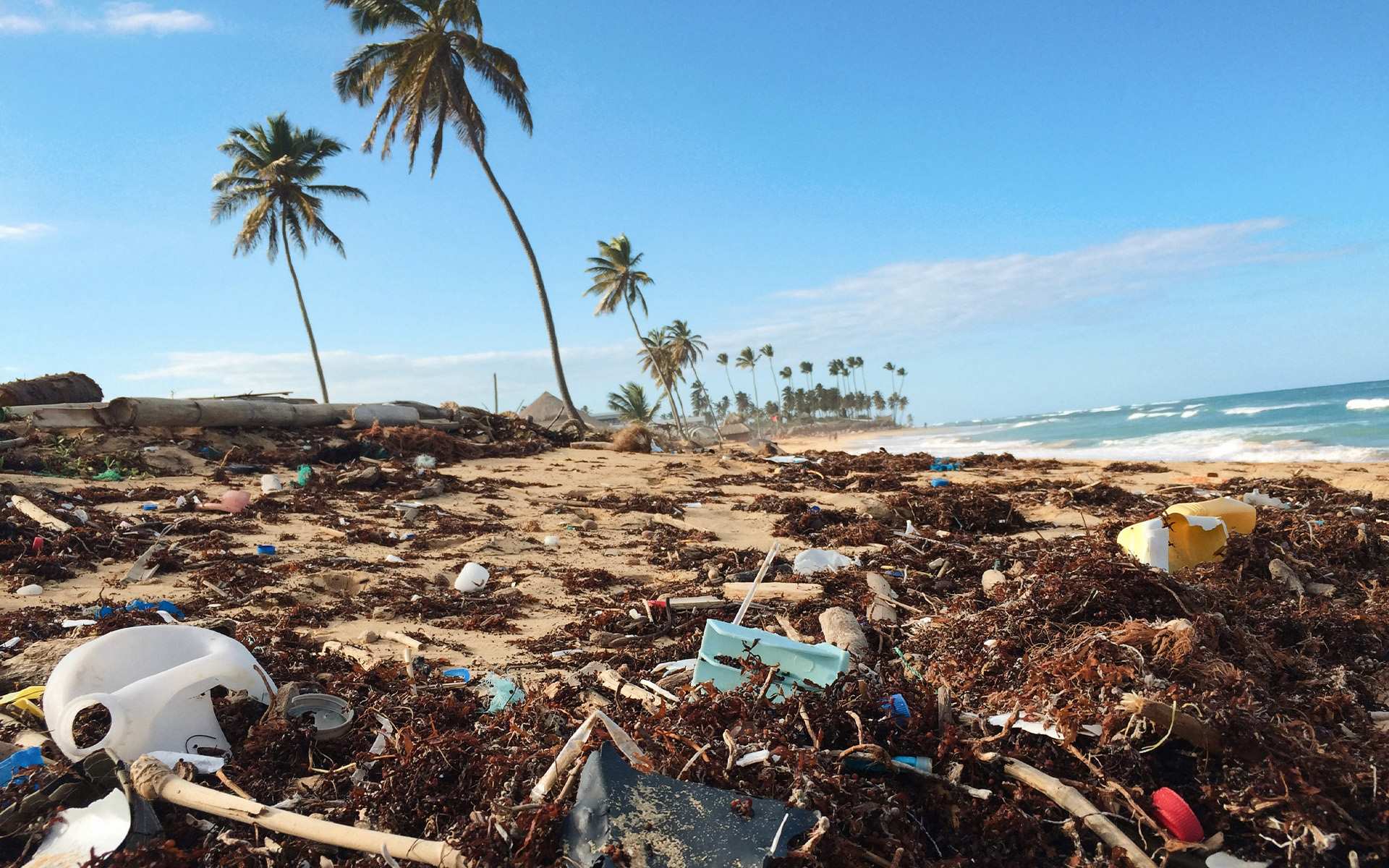How Does Ecotourism Impact the Environment?

Ecotourism is a way to travel that focuses on visiting natural areas while helping protect them. It aims to reduce harm to the environment and support local communities. By choosing eco-friendly travel options, tourists can help conserve wildlife and natural resources. This type of tourism encourages people to respect nature and learn about different cultures. However, ecotourism can also have negative effects if not managed well. Too many visitors can damage fragile ecosystems, and sometimes local communities do not benefit as much as they should. Balancing the positive and negative impacts is important for the future of ecotourism. Understanding how ecotourism affects the environment helps travelers make better choices for the planet.
What is Ecotourism?
Ecotourism is a type of travel that focuses on visiting natural areas while conserving the environment and improving the well-being of local people. It’s about being a responsible traveler who respects nature and local cultures. This kind of tourism aims to minimize the negative impacts on the environment and maximize the positive contributions to local communities.
Positive Impacts of Ecotourism on the Environment
Ecotourism can bring many benefits to the environment. It encourages conservation, supports wildlife protection, and promotes sustainable practices. Here are some ways ecotourism positively impacts the environment:
Conservation of Natural Areas
Ecotourism often involves visiting protected areas like national parks and wildlife reserves. This helps fund conservation efforts and ensures these places remain pristine for future generations.Wildlife Protection
By attracting tourists to see wildlife in their natural habitats, ecotourism provides an economic incentive to protect these animals rather than exploit them.Sustainable Practices
Many ecotourism operators use sustainable practices, such as using renewable energy sources, reducing waste, and supporting local food production.
Negative Impacts of Ecotourism on the Environment
While ecotourism has many benefits, it can also have negative effects if not managed properly. Overcrowding, habitat disturbance, and pollution are some of the challenges. Here’s how ecotourism can negatively impact the environment:
Overcrowding
Popular ecotourism destinations can become overcrowded, leading to habitat destruction and increased waste.Habitat Disturbance
Too many visitors can disturb wildlife and damage delicate ecosystems, especially if tourists venture off designated paths.Pollution
Increased tourism can lead to more pollution, from littering to increased carbon emissions from transportation.
How to Make Ecotourism More Sustainable
To ensure ecotourism remains beneficial, it’s important to adopt sustainable practices. Travelers and operators alike can take steps to minimize their impact. Here are some ways to make ecotourism more sustainable:
Support Local Communities
Choose tours and accommodations that benefit local communities, ensuring that tourism dollars help improve local livelihoods.Follow Leave No Trace Principles
Travelers should respect nature by leaving no trace of their visit, including taking all trash with them and staying on marked paths.Choose Eco-Friendly Accommodations
Stay in lodgings that use sustainable practices, such as solar power, water conservation, and recycling programs.
The Role of Education in Ecotourism
Education is a key component of ecotourism. It helps travelers understand the importance of conservation and how their actions can impact the environment. Here’s how education plays a role in ecotourism:
Raising Awareness
Ecotourism can educate tourists about the importance of protecting natural areas and the species that inhabit them.Promoting Cultural Understanding
Learning about local cultures and traditions can foster respect and appreciation, leading to more responsible tourism practices.Encouraging Responsible Behavior
Educated travelers are more likely to engage in responsible behaviors, such as respecting wildlife and supporting conservation efforts.
Ecotourism's Role in Environmental Protection
Ecotourism plays a significant role in promoting environmental protection. By encouraging sustainable travel, it helps preserve natural habitats and supports local communities. Tourists who choose ecotourism often become more aware of environmental issues and contribute to conservation efforts. This type of tourism also provides economic benefits to local economies, reducing the need for harmful industries like logging or mining. However, ecotourism must be managed carefully to avoid overcrowding and resource depletion. Responsible practices, such as limiting visitor numbers and ensuring eco-friendly accommodations, are essential. Travelers can make a difference by choosing eco-conscious destinations and supporting businesses that prioritize sustainability. Ecotourism offers a way to enjoy the beauty of nature while actively participating in its preservation. By making informed choices, tourists can help ensure that these natural wonders remain for future generations to appreciate and enjoy.

